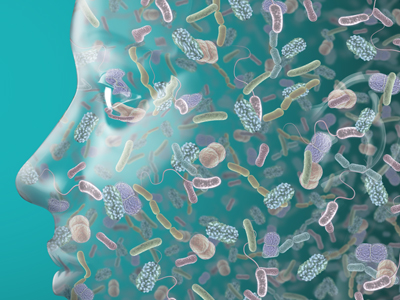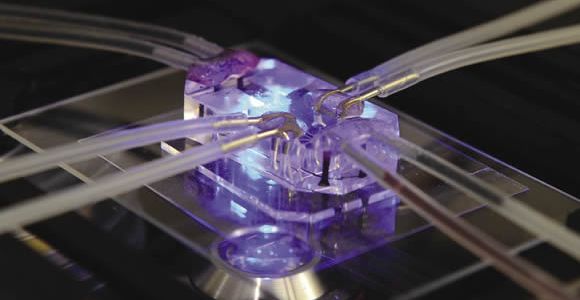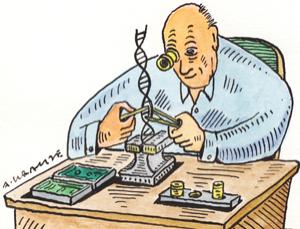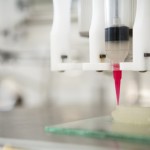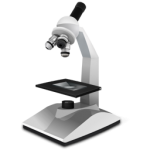 A recent study [PDF] by a group led by Andrew Shtulman at Occidental College, has found that humans may fundamentally be opposed to non-intuitive facts. Even though you may learn a fact and willingly accept it as true, your brain resists and will never properly replace its intuitive notions (such as the idea of the world being flat, or the idea that larger objects fall faster). You can suppress your natural beliefs, but this study implies that you may never be able to replace them.
A recent study [PDF] by a group led by Andrew Shtulman at Occidental College, has found that humans may fundamentally be opposed to non-intuitive facts. Even though you may learn a fact and willingly accept it as true, your brain resists and will never properly replace its intuitive notions (such as the idea of the world being flat, or the idea that larger objects fall faster). You can suppress your natural beliefs, but this study implies that you may never be able to replace them.
In a recent article on the study John Lehrer of the New Yorker argues a link between these findings and the depressingly low adoption of belief in evolution in America.




















